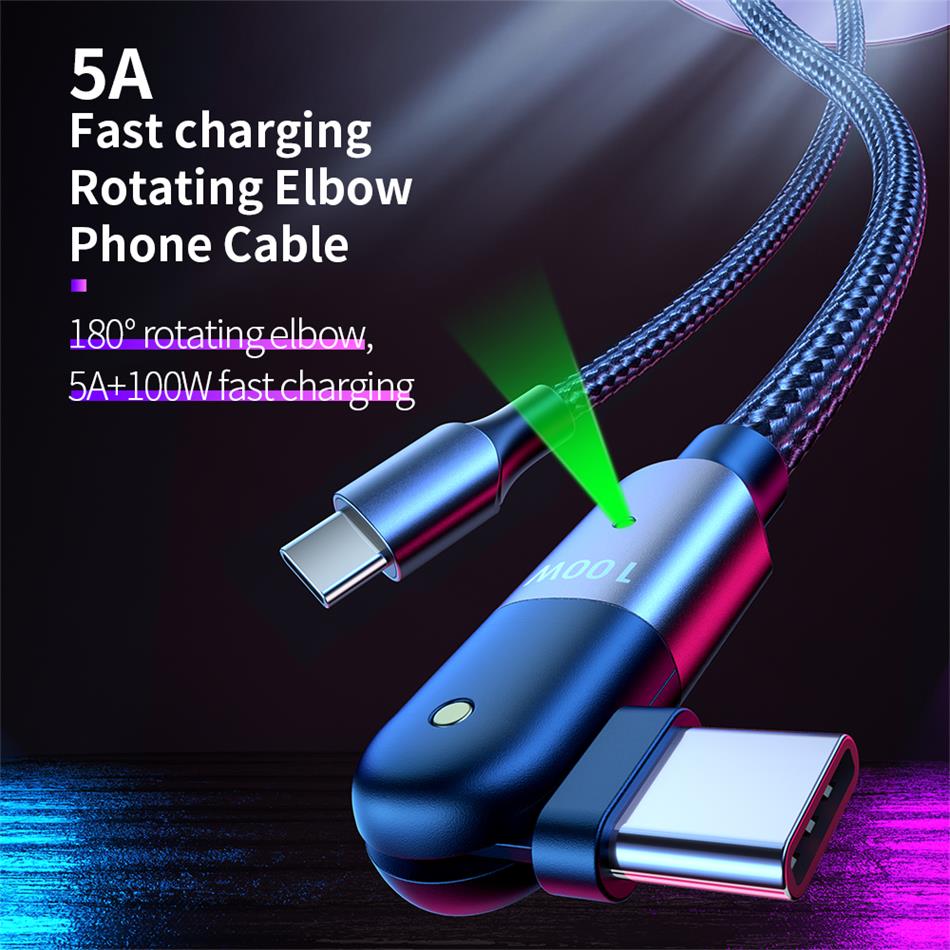The power module developed by Murata Manufacturing Co., Ltd. for LED lighting manufacturer Clear Sodick was displayed this time. It is currently only available for Clear Sodick but is also considering selling to other companies. Clear Sodick is a direct-piped LED lighting business that equates to 20W, 40W, and 100W fluorescent lamps. The power modules for all types of products are universal.
In order to obtain a constant current for LED lighting, a DSP microcontroller is used. Switching frequency is about 200kHz. The output capacitor uses two MLCCs of about 5 μF. "In general, the MLCC of this capacity cannot fully absorb the pulsating current, but by improving the control of the DSP side, it does not feel the flickering of the lighting fixture" (Murata Manufacturing Co., Ltd.). The main circuit uses a non-insulated buck-boost type and does not have a PFC (power factor improvement) circuit. Dimensions are 180mm x 19.4mm x 6.5mm
DSP microcontrollers are available from Microchip Technology's "dsPIC33F GS Series" and Nippon Wireless' NJU20010 (Alligator Series). The latter is just released by New Japan Wireless in July 2010. The main circuit of all power supply modules is almost universal, but the power supply module using the Nippon Wireless DSP microcontroller adds two inductors for higher output power. Clear Sodick is scheduled to use these two types of power modules.
Usb C Cable is also known as Usb Cable Type C interface,is an interface specification consisting of a Type-C plug and a type-C socket.Its highlights are thinner design,faster transmission speed (up to 10Gbps),stronger power transmission (up to 100W).In addition, USB-C interface also supports double-sided insertion,front and back can be inserted at will, compared with USB2.0/USB3.0 more advanced.Usb-c has been given better media properties,faster transfer speeds,and better compatibility with charging.The new generation USB-C has faster transmission speed than USB,stronger power transmission, smaller interface size,and supports bidirectional transmission with stronger compatibility.
Thinner bodies require thinner ports,which is one of the reasons USB-C is here to stay.The USB-C port is 0.83 cm long and 0.26 cm wide.The old USB port measuring 1.4cm long and 0.65cm wide looks outdated.This also means that the end of USB Cable will be one-third the size of the plug of A standard USB-A cable.The USB-C port is the same on the front and back.This means that no matter how you insert the port,it will be correct.Users do not have to worry about the pros and cons of traditional USB ports.

Usb C Cable,Custom Usb C Cable,Flexible Usb C Cable,Braided Coiled Usb C Cable
Henan Yijiao Trading Co., Ltd , https://www.yijiaousb.com